On April 30, 1975, North Vietnamese troops ended the Vietnam War by capturing Saigon, the capital of South Vietnam. About three million soldiers and civilians died in the conflict. In 1954, Vietnam was split in half after an eight- year war of independence against France. Ho Chi Minh governed the North. He was backed by China and the USSR, the world’s leading communist powers. Ngo Dinh Diem ran the South with support from the United States. In 1956, the US urged Diem to reject elections that would reunify Vietnam. America was concerned over a possible Communists rise to power. In response, Ho Chi Minh organized groups of Communist fighters, known as Vietcong. They launched guerilla attacks against the government in the South.
In 1961, US President John F. Kennedy increased American military presence in Vietnam to quell Vietcong attacks. The situation worsened in 1964 when Vietcong forces attacked an American warship. The episode became known as the Gulf of Tonkin Incident. The attack was not serious, but American President Lyndon Johnson reacted strongly. He convinced the US Congress to give him full powers to handle the crisis in East Asian country. In February 1965, US forces started dropping bombs on North Vietnam. Planes covered the territory with incendiary napalm bombs, which caused many civilian deaths.The US was convinced the conflict would be a short one. Ho Chi Minh’s forces, however, put up fierce resistance, hiding in jungles and using underground tunnels.
As the war droned on, it gave momentum to the pacifist movement in the US. Protestors wanted American soldiers out of Vietnam. An increasing number of young men dodged the draft in protest. In 1969, growing opposition to the war prompted newly-elected President Richard Nixon to announce the Vietnamization of the conflict. His plan called for South Vietnamese forces to take on a greater role as American troops went home. On March 29, 1973, the last American soldiers left Vietnam. It was a bitter defeat for the US. After two years without support from Washington, the South Vietnamese government collapsed. On April 30, 1975, Vietcong forces entered Saigon. Vietnam was unified under Communist rule. The Vietnam War made a deep impact on American culture. Many films recounted the struggle, including Michael Cimino’s The Deer Hunter, Francis Ford Coppola’s Apocalypse Now and Stanley Kubrick’s Full Metal Jacket.
In 1961, US President John F. Kennedy increased American military presence in Vietnam to quell Vietcong attacks. The situation worsened in 1964 when Vietcong forces attacked an American warship. The episode became known as the Gulf of Tonkin Incident. The attack was not serious, but American President Lyndon Johnson reacted strongly. He convinced the US Congress to give him full powers to handle the crisis in East Asian country. In February 1965, US forces started dropping bombs on North Vietnam. Planes covered the territory with incendiary napalm bombs, which caused many civilian deaths.The US was convinced the conflict would be a short one. Ho Chi Minh’s forces, however, put up fierce resistance, hiding in jungles and using underground tunnels.
As the war droned on, it gave momentum to the pacifist movement in the US. Protestors wanted American soldiers out of Vietnam. An increasing number of young men dodged the draft in protest. In 1969, growing opposition to the war prompted newly-elected President Richard Nixon to announce the Vietnamization of the conflict. His plan called for South Vietnamese forces to take on a greater role as American troops went home. On March 29, 1973, the last American soldiers left Vietnam. It was a bitter defeat for the US. After two years without support from Washington, the South Vietnamese government collapsed. On April 30, 1975, Vietcong forces entered Saigon. Vietnam was unified under Communist rule. The Vietnam War made a deep impact on American culture. Many films recounted the struggle, including Michael Cimino’s The Deer Hunter, Francis Ford Coppola’s Apocalypse Now and Stanley Kubrick’s Full Metal Jacket.
RELATED
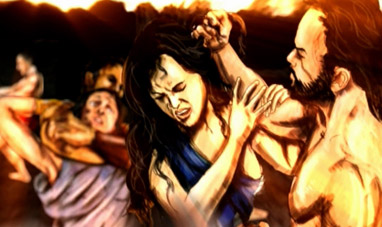

THE RAPE OF THE SABINE WOMEN
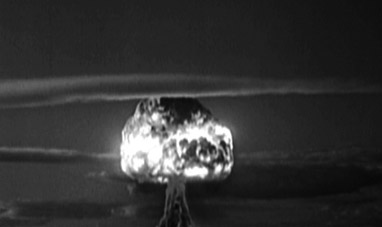

HIROSHIMA AND NAGASAKI
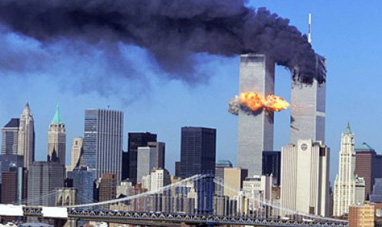

SEPTEMBER 11, 2001
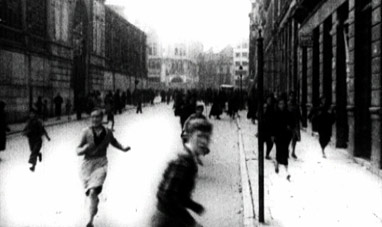

THE SPANISH CIVIL WAR
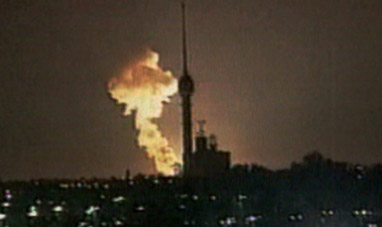

THE FIRST GULF WAR
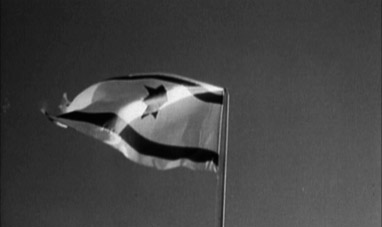

THE BIRTH OF ISRAEL
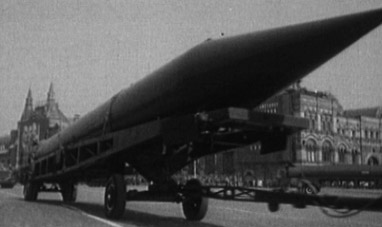

THE CUBAN MISSILE CRISIS
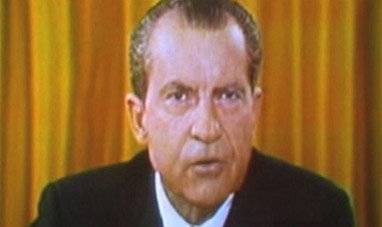

RICHARD NIXON
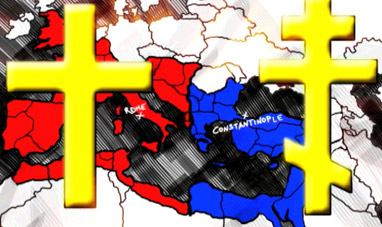

GREAT SCHISM, THE
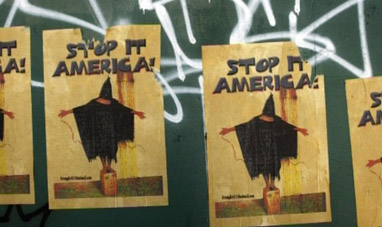

THE ABU GHRAIB SCANDAL
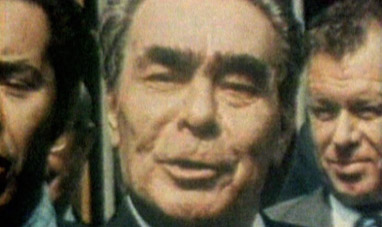

LEONID BREZHNEV
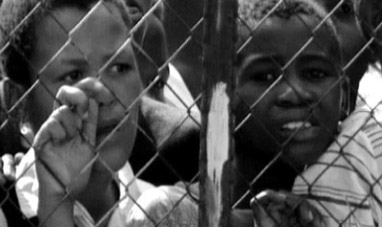

APARTHEID
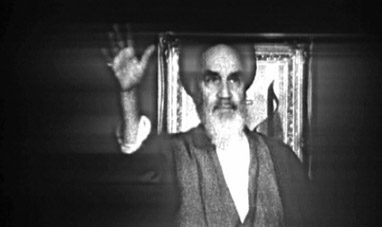

THE IRANIAN REVOLUTION
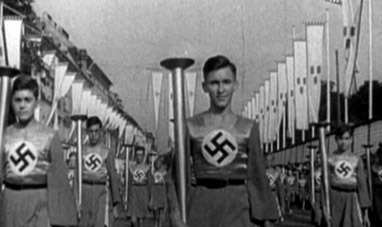

THE ADVENT OF NAZISM
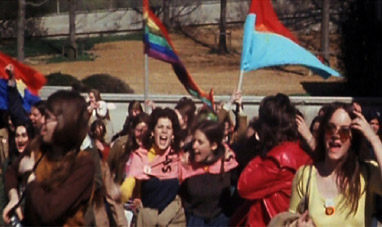

1968
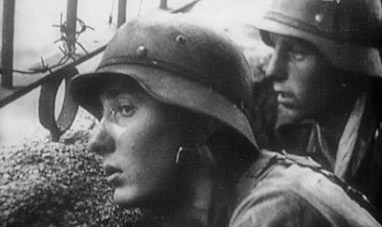

THE RUSSIAN CAMPAIGN
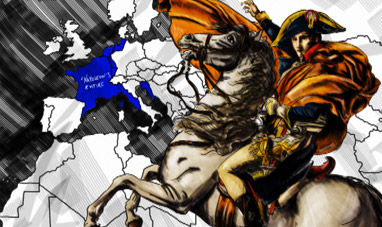

THE BATTLE OF AUSTERLITZ
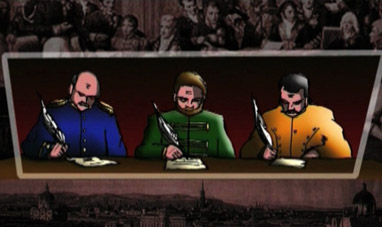

THE CONGRESS OF VIENNA
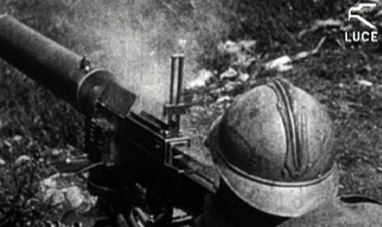

WORLD WAR I
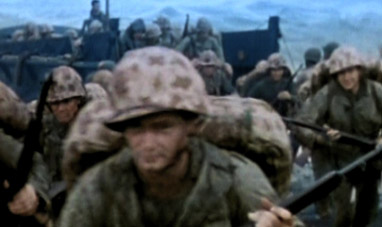

NORMANDY LANDINGS
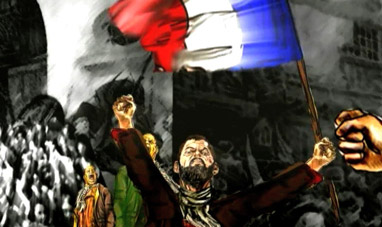

THE FRENCH REVOLUTION
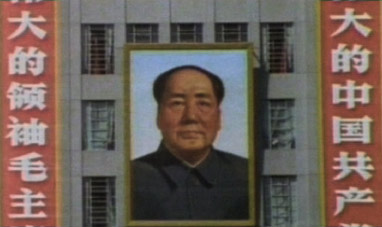

MAO ZEDONG
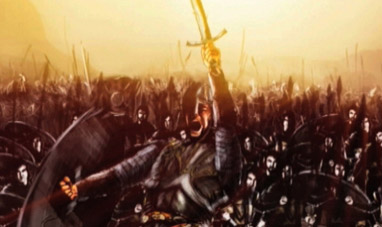

THE BATTLE OF HASTINGS
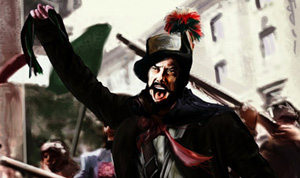

I MOTI DEL '48
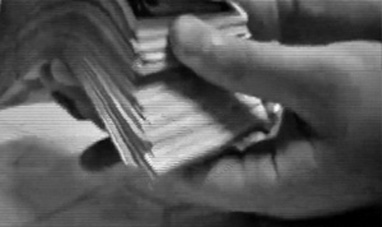

TANGENTOPOLI
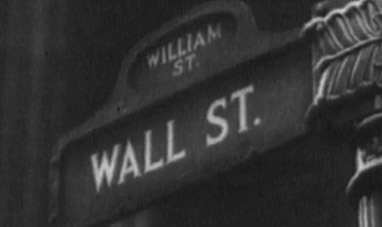

THE WALL STREET CRASH OF 1929
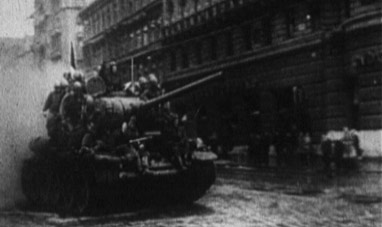

THE HUNGARIAN REVOLUTION OF 1956
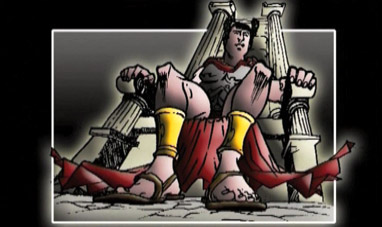

THE EDICT OF MILAN
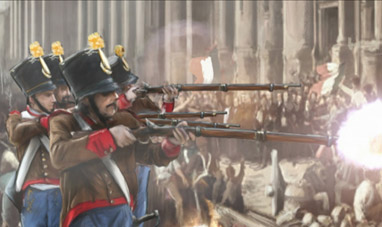

FIRST ITALIAN WAR OF INDEPENDENCE
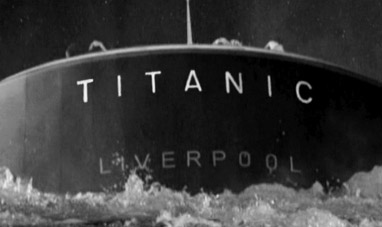

THE SINKING OF THE TITANIC
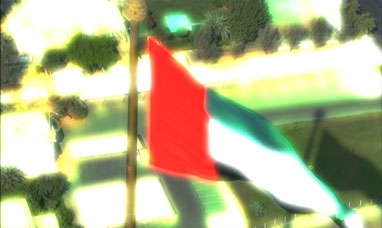

FOUNDING OF UNITED ARAB EMIRATES
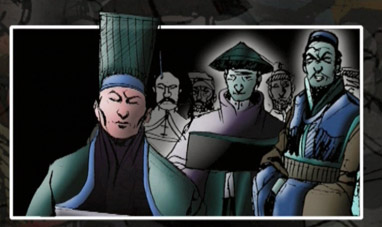

EARLY CHINESE DYNASTIES
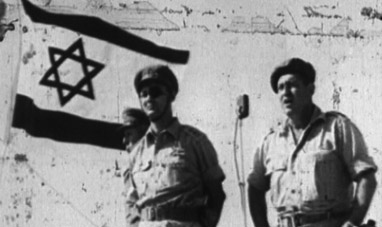

THE SIX DAY WAR
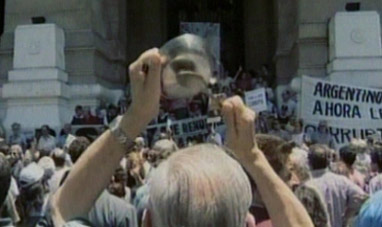

THE 2001 ARGENTINE ECONOMIC CRISIS
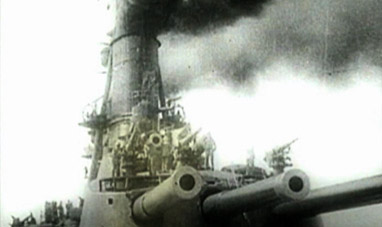

THE OUTBREAK OF WORLD WAR I
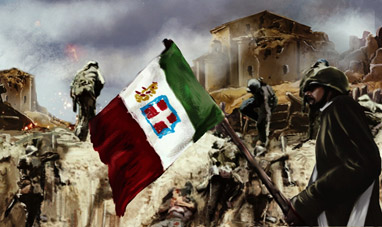

ITALIAN IRREDENTISM
